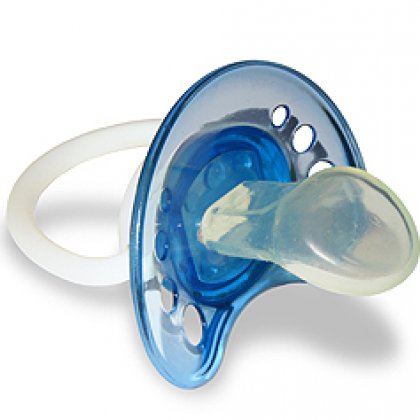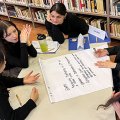
The UQ Psychology Clinic is seeking women who are experiencing emotional difficulties after having a baby to participate in a new group program.
The Life After Baby program looks at how mothers can better cope with the demands a baby brings, including loss of order and routine, sleepless nights, low mood or anxiety, role changes that occur with motherhood, and partner relationship challenges.
Clinical psychologist Amanda Smith said postnatal distress, anxiety and depression can affect women from all walks of life.
“Women who experience postnatal distress often feel sad, guilty, worthless, and anxious. They may also have difficulty with concentration and decision-making, find that their appetite has changed, have difficulties sleeping (even when the baby is sleeping), and are less interested in their normal activities,” she said.
Ms Smith said Postnatal Depression affects up to 20% of women after giving birth and the symptoms can impact on the woman’s functioning and family.
“Women can become increasingly isolated, losing contact with the life they had before the baby came along. This is why group treatment for these types of difficulties can be so effective, as women can start to engage with others again and are given an opportunity to discuss and share similar experiences."
Life After Baby is an evidence-based Cognitive-Behavioural Therapy (CBT) program which allows women the opportunity to develop useful skills to help them better deal with the competing demands of motherhood.
“The treatment approach used is practical and very effective. We concentrate on common difficulties that occur during the postnatal period, including managing anxiety, communication in relationships, taking care of yourself and having realistic expectations of yourself as a mother,” Ms Smith said.
The UQ Psychology Clinic has been providing high quality psychological services to the community for 25 years. It is a training clinic staffed by provisionally registered psychologists undergoing advanced postgraduate studies in Clinical Psychology.
“This group program is co-facilitated by a qualified clinical psychologist and provisional psychologists to provide group treatment at affordable rates. In addition, clients of the group may be able to claim a rebate through Medicare or private health insurance,” Clinic Development Officer Alison Marland said.
Consisting of nine weekly, 1.5 hour group sessions, the program also provides three partner support sessions and an individual follow-up booster session.The group treatment program will run for 9 weeks and commence in late September. To find out more contact (07) 3365 6451 or visit the clinic's website.
Media: Alison Marland on (07 3365 6451, a.marland@psy.uq.edu.au)
.jpg)


.png?itok=xWvYRDbm)






